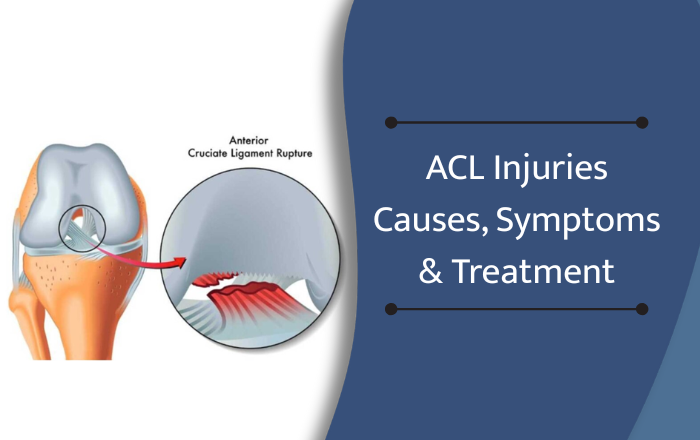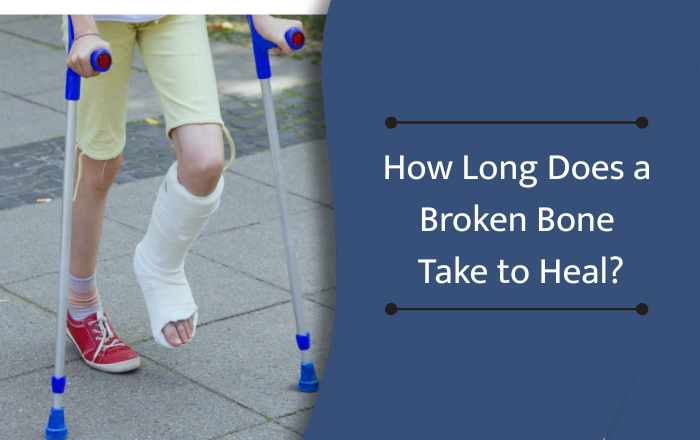Post-Joint Replacement Care: Essential Tips for a Smooth Recovery
Undergoing joint replacement surgery is a significant decision, and the path to recovery is equally important. Joint replacement can help you regain mobility, reduce pain, and improve your overall quality of life. However, it’s essential to follow proper aftercare to ensure the best possible outcome from your surgery. Whether you have had a hip, knee, or shoulder replacement, adhering to post-surgical advice can make a world of difference.
If you are recovering from a joint replacement, here are some vital tips for effective aftercare that can help speed up your recovery.
1. Follow Your Orthopedic Surgeon’s Instructions
After joint replacement surgery, it’s crucial to follow the guidance of your orthopedic surgeon. Dr. Parimal Kore, a renowned orthopedic surgeon in Magarpatta, emphasizes the importance of following post-operative instructions. These may include details about your medication, physical activity, diet, and wound care.
Your orthopedic surgeon will likely schedule follow-up appointments to monitor your progress, so don’t miss them. If there are any signs of complications, like excessive swelling or infection, your surgeon can catch them early and provide timely intervention.
2. Manage Pain and Swelling Effectively
Pain management is a natural part of the recovery process after joint replacement. It’s essential to stay on top of your pain medication schedule as prescribed by your doctor. Over-the-counter pain relievers, along with prescribed medications, can help keep you comfortable during the recovery phase.
Swelling is also a common occurrence after joint surgery, but it can be managed. Elevate your leg or arm as recommended to reduce swelling. Ice packs applied regularly can also help control inflammation, providing relief from both pain and swelling. Always follow your orthopedic surgeon’s advice on how to use these methods to avoid potential complications.
3. Get Plenty of Rest
Rest is essential for healing, but it’s also important not to overdo it. While rest is crucial during the first few days and weeks of recovery, your body also needs movement to prevent stiffness. Following a balance of activity and rest, as recommended by your orthopedic surgeon in Magarpatta, will help you recover without compromising healing.
Ensure that you are sleeping in a position that supports your recovery, especially if you had a hip or knee replacement. Keeping your joint in the proper position during rest can reduce the risk of complications and promote better healing.
4. Start Physical Therapy Early
Physical therapy (PT) is often prescribed after joint replacement surgery to help you regain strength, flexibility, and mobility. An early start on physical therapy, under the supervision of a trained therapist, is key to your long-term recovery. Dr. Parimal Kore, who frequently works with a dedicated team of therapists, stresses the importance of taking these sessions seriously.
Your physical therapist will guide you through exercises designed to improve range of motion, strength, and balance. It’s essential to perform these exercises consistently and correctly to avoid stiffening and help you regain function as soon as possible.
5. Gradually Increase Your Activity Level
Once your orthopedic surgeon gives the green light, you can gradually begin increasing your activity level. Start by walking short distances and gradually extend your walks as your body gets used to the new joint. Avoid putting too much weight on the new joint until you have built up strength and flexibility.
Be patient with yourself as you recover. Your body needs time to adapt, and doing too much too soon could lead to injury or delayed healing. Don’t rush the process, but rather listen to your body’s signals and follow your surgeon’s guidance to avoid overexertion.
6. Maintain a Healthy Diet
A well-balanced diet is essential for a smooth recovery from joint replacement surgery. Your body needs the right nutrients to heal effectively. Focus on a diet rich in protein, vitamins, and minerals to support tissue repair and inflammation reduction.
Consider eating foods that promote bone health, such as those rich in calcium and vitamin D. These nutrients will help ensure that your new joint remains strong as you recover. Also, stay hydrated by drinking plenty of water, which is important for overall healing and joint function.
7. Prevent Infection
Keeping the surgical site clean and free from infection is crucial in the early stages of recovery. Follow your orthopedic surgeon’s instructions on wound care and dressing changes to reduce the risk of infection.
If you notice any signs of infection, such as increased redness, warmth, or discharge, contact your surgeon immediately. Timely treatment is essential to prevent infection from compromising your recovery.
8. Monitor for Complications
While joint replacement surgeries are generally safe, complications can arise. Watch for any unusual signs such as fever, sudden swelling, persistent pain, or difficulty moving the joint. If you experience any of these symptoms, contact your orthopedic surgeon as soon as possible.
Dr. Parimal Kore, a leading orthopedic surgeon in Magarpatta, notes that early intervention is vital in addressing complications like blood clots, infections, or joint dislocations. It’s always better to err on the side of caution and get in touch with your healthcare provider at the earliest signs of a potential issue.
9. Stay Positive and Be Patient
Recovery from joint replacement surgery is a process that requires time, effort, and patience. It’s important to stay positive and focused on the progress you’re making, even if it feels slow at times. Setting small, achievable goals throughout your recovery can help maintain motivation.
Talk to your orthopedic surgeon and physical therapist about realistic expectations for your recovery timeline. They can give you a sense of what progress should look like and help you stay on track.
10. Stay In Touch With Your Support System
Finally, don’t forget the importance of support during your recovery. Whether it’s family, friends, or a caregiver, having someone to assist you can make a big difference. They can help with mobility, remind you about medications or physical therapy exercises, and provide emotional support when needed.
Recovering from joint replacement surgery is a journey that involves more than just the surgery itself. Proper aftercare is crucial to ensure that the joint replacement is successful and that you regain your mobility and quality of life. Following the advice of your orthopedic surgeon, such as Dr. Parimal Kore, and focusing on pain management, physical therapy, rest, and overall health will help you get back on your feet faster and with better results.
By being proactive and staying committed to your recovery plan, you will be able to enjoy the benefits of your joint replacement and lead a more active and pain-free life. If you’re considering joint replacement surgery or are currently recovering, reach out to an experienced orthopedic surgeon like Dr. Parimal Kore Joint Replacement Surgeon in Magarpatta for personalized care and advice. Your joint health is in good hands!





